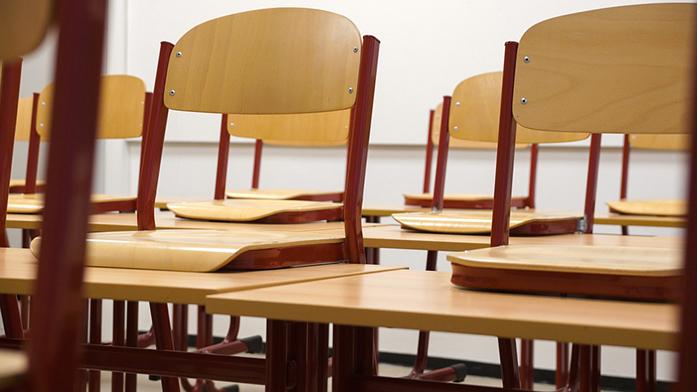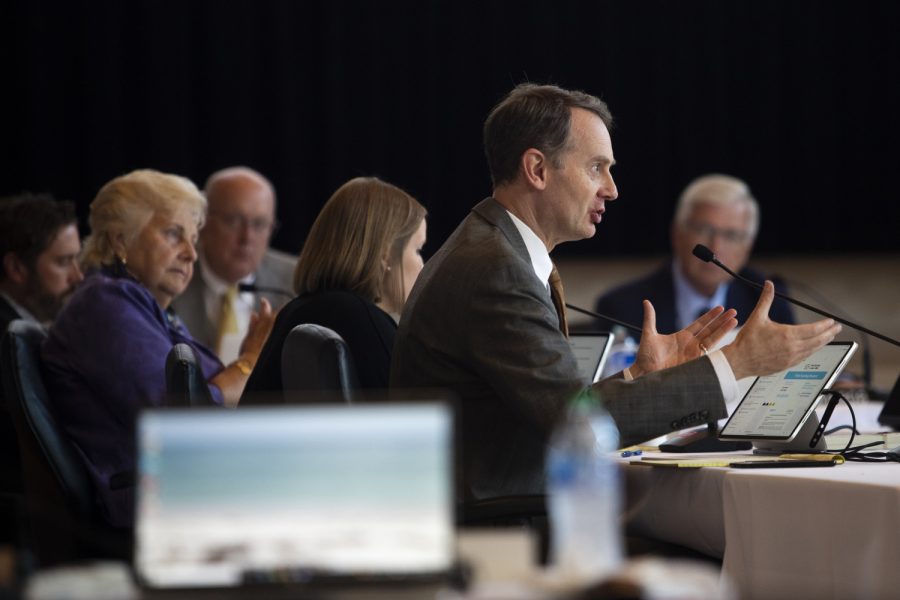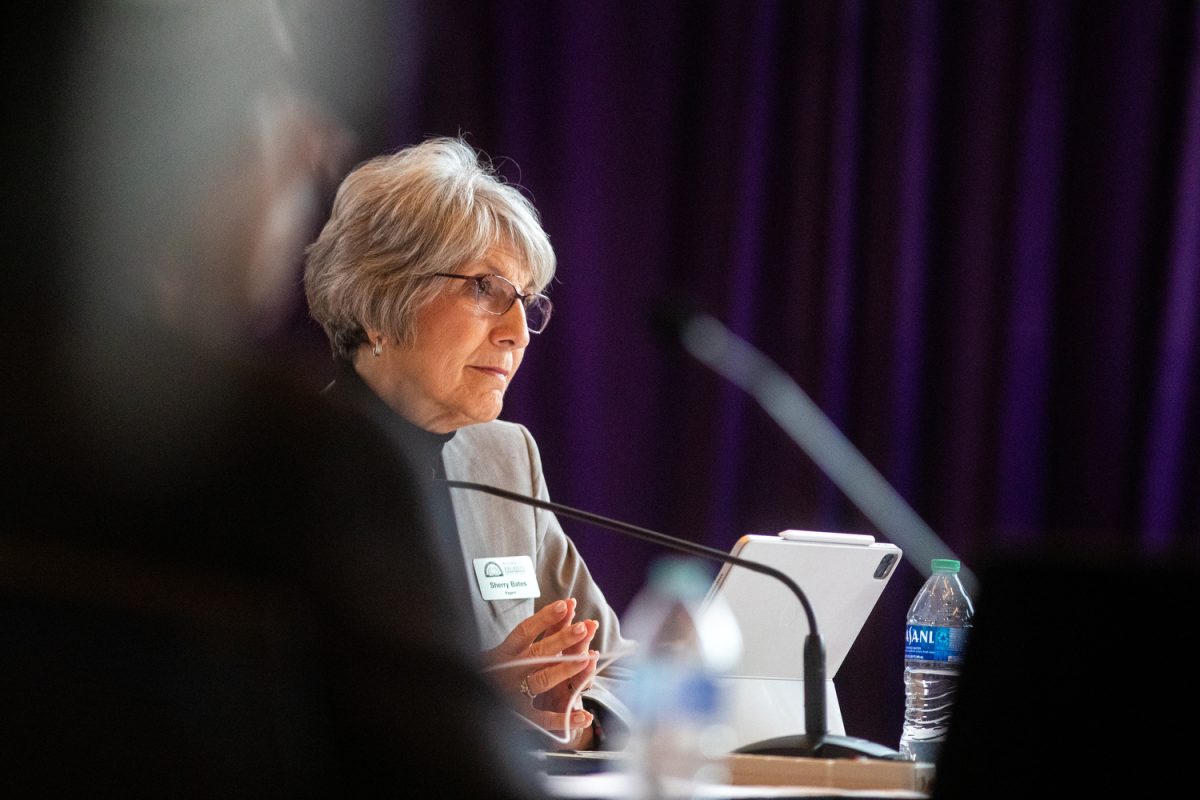A UI program provides teaching-based workshops to help faculty become better teachers.
By Jason Estrada
A workshop for graduate students and postdocs was held on Feb. 3 to teach them different approaches for the learning experience of first-year undergraduates.
The Center for the Integration of Research, Teaching, and Learning is a national network to improve teaching skills for many academic fields at different universities. The University of Iowa joined the group, established in 2003, with the support from the National Science Foundation.
Erin Barnes, the program coordinator for the organization at the UI, said her group affords opportunities for graduate students and post-doctoral students to enhance their portfolios when participating in the workshops.
“Right now, locally, we are developing our teaching workshops,” she said. “We have been and will continue to work closely with both the Center for Teaching, and also the Office of Graduate Teaching Excellence to offer content that meets students’ needs.”
The workshop was facilitated by four individuals from University of Wisconsin-Madison, University of Tennessee-Knoxville, and Washington University in St. Louis. More than 50 people registered and 40 were present as each of the facilitators led the course online using a webcam.
Don Gillian-Daniel, the center’s institution network leader from University of Wisconsin-Madison, said the workshop was first held at his school last semester. Officials then decided it would be valuable to offer across the network.
“We hope to get students to think about how first-year undergraduates learn differently than other undergraduate students,” he said. “So we want them to think about where first-year students are developed mentally and how that can impact their learning.”
Katharine Pei, the assistant director of the First-Year Center from Washington University at St. Louis, said the activities were organized in four small groups, consisting of 10 participants who were led by one facilitator. They used a program similar to ICON.
“There is a function called Blackford Collaborate, and we had a PowerPoint we created together that all of the participants in the online classroom can see,” she said. “We did online activities so it would be more engaging.”
Kevin Clarke, the assistant director of Academic Engagement and Center for the First-Year Experience at University of Wisconsin-Madison, said the workshop went well.
“There was definitely a lot of active engagement, people were participating in a lot of the activities, sharing good ideas, asking new questions; there was a lot of thanks and appreciations at the end, people were highlighting some of the resources and sharing other ideas,” he said. “So it definitely was a very engaged environment, particularly for being online.”
There are more opportunities for graduate students and post-doctoral students to register for workshops in the future. Courses are offered every semester and in the summer.
“This is a really great opportunity for graduate students on your campus to connect with students across the nation and get a sense of the different type of perspectives, different type of teaching approaches that get used and find common approaches that get used from across institutions across the country and in the classrooms,” Gillian-Daniel said.







